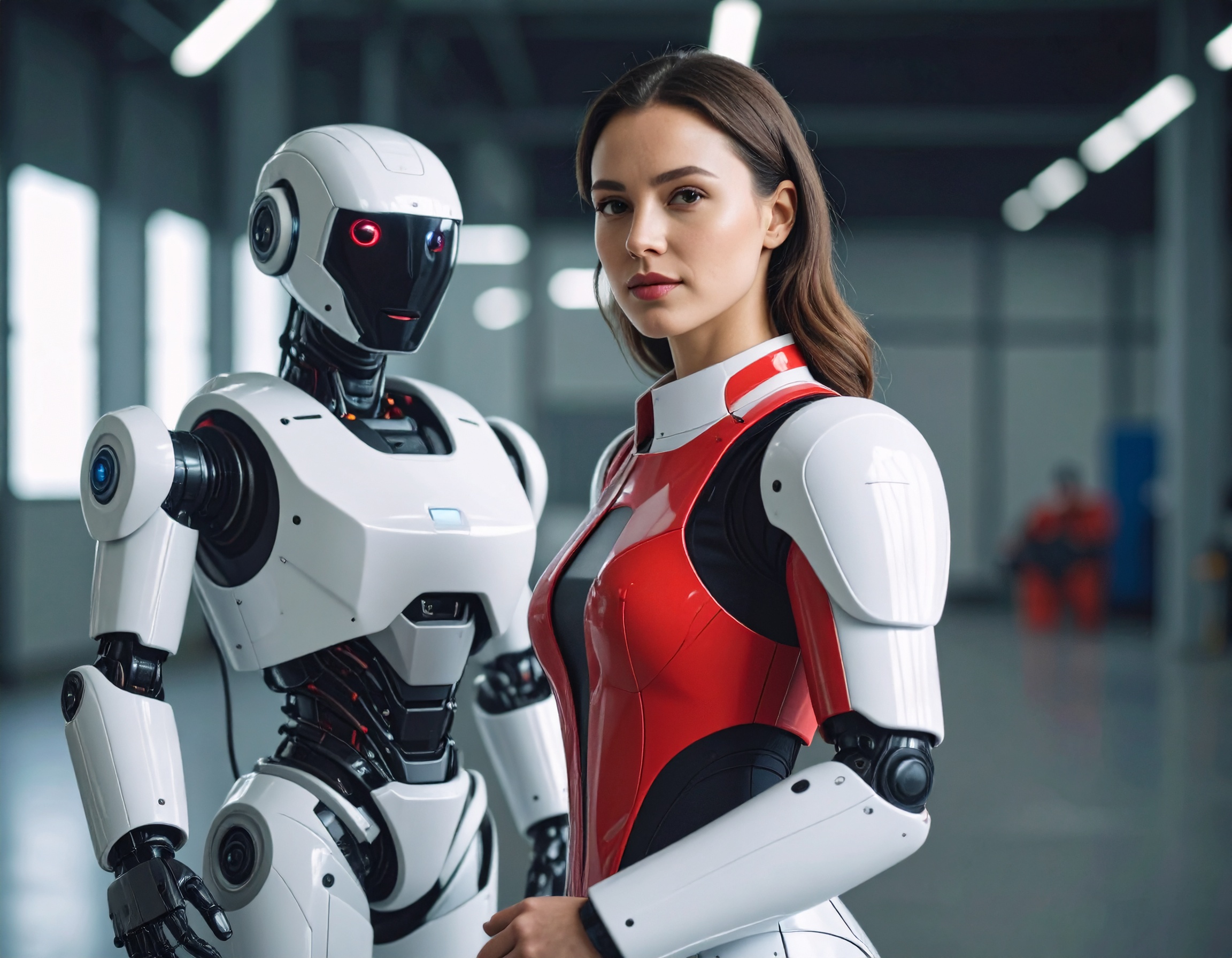The Future of Food Manufacturing: How Intelligent Agents are Revolutionizing the Industry

In a groundbreaking move towards the future of food manufacturing, FANUC has partnered with baking oven manufacturer WIESHEU and retail specialist Wanzl to launch the automatic Bakisto system. This collaboration marks a significant step in addressing labour shortages and improving efficiency in the food industry through advanced automation.
For decades, robots have been pivotal in enhancing production efficiency, quality, and consistency in industries like automotive and machinery. However, the food and beverage sector has been slower to embrace automation, with only 3% of global industrial robot installations in this field, compared to 23% in automotive, as per the IFR 2022 World Robotics Industrial Robots Report. Despite this, there has been a noticeable shift, with a 12% annual growth in global robot installations in the food and beverage industry from 2016 to 2021. In the UK alone, 8% of industrial robot installations in 2021 were in this sector.
The Bakisto system exemplifies the integration of Intelligent Agents in food manufacturing. Comprising a FANUC cobot, Wanzl’s AI-driven BakeOff i, and WIESHEU's TrayMotion system, Bakisto automates baking tasks, from loading trays to restocking displays. The system's AI predicts demand and optimizes baking schedules, ensuring consistent product quality and reduced waste.
In essence, the collaboration between FANUC, WIESHEU, and Wanzl through Bakisto illustrates the transformative potential of Digital Employees in food manufacturing. By addressing labor shortages and enhancing efficiency, these intelligent systems are poised to reshape the industry for the better.
Key Highlights:
- Increased Use of Cobots: Collaborative robots (cobots) are gaining traction in food factories, particularly in space-constrained environments. FANUC's CRX-25iA, for example, is compact yet capable of lifting up to 25kg, making it ideal for tasks like palletizing and material handling.
- Reduced Manual Handling: The pandemic and Brexit have exacerbated labor shortages, pushing companies to minimize manual handling. Robots are now extensively used for packaging, picking, and placing tasks, with the potential for future food factories to mirror the automation seen in automotive factories.
- AI-Powered Vision Inspection: Quality control is another area ripe for automation. AI and machine learning-driven vision systems can swiftly and accurately detect product faults, sort, and grade products, significantly speeding up production lines.
- Field Robotics: Robots are also venturing into agricultural fields, performing tasks such as inspecting and harvesting produce based on ripeness, a trend expected to grow.
References:


